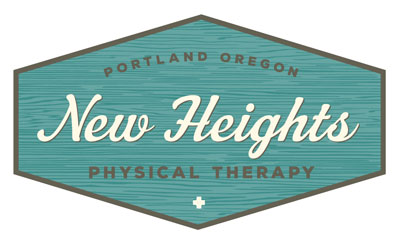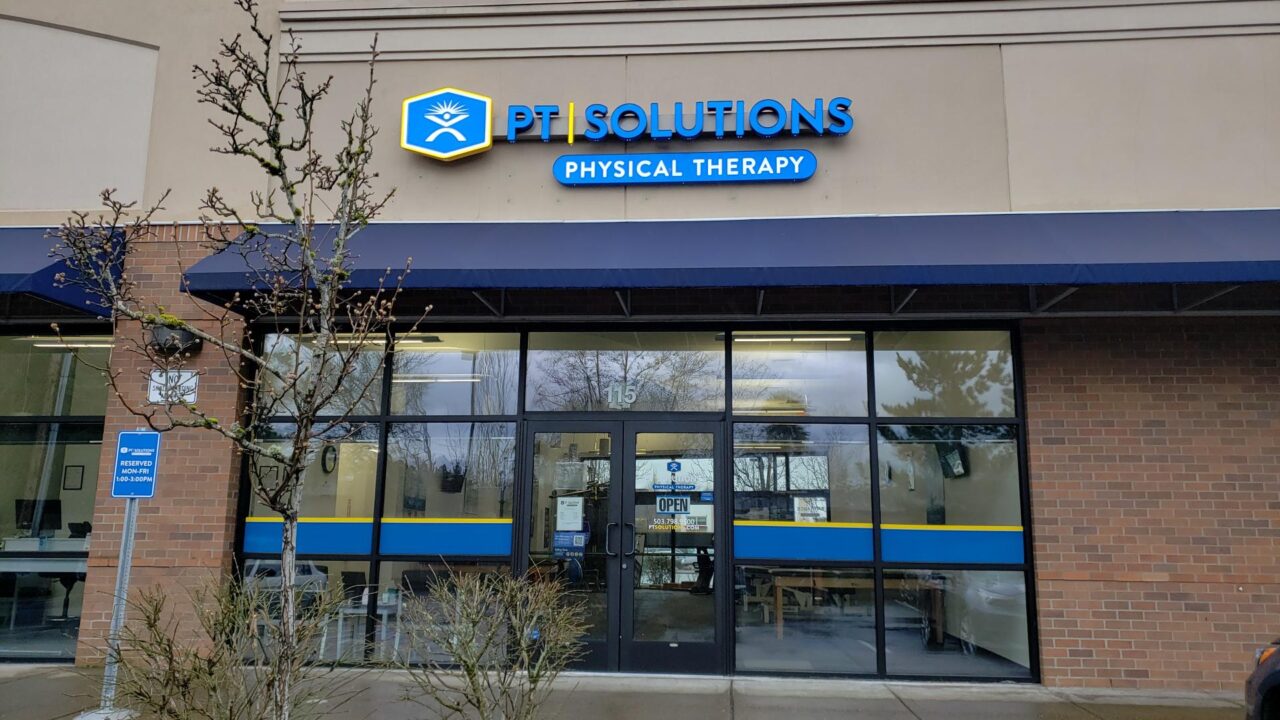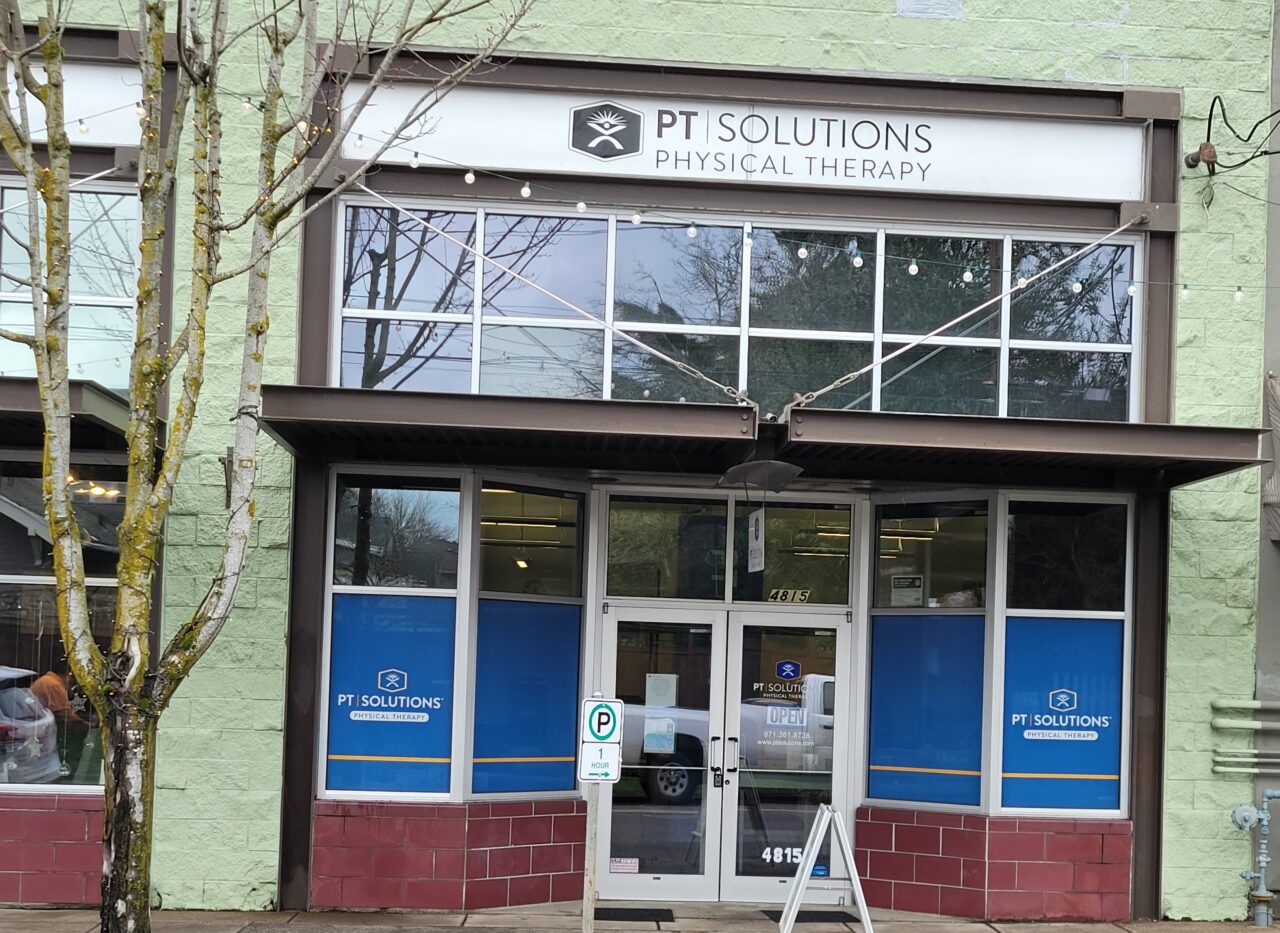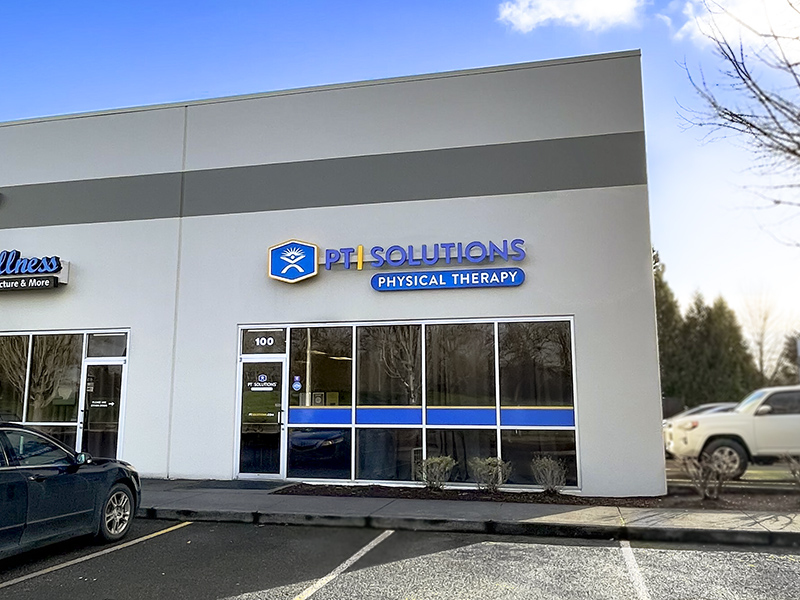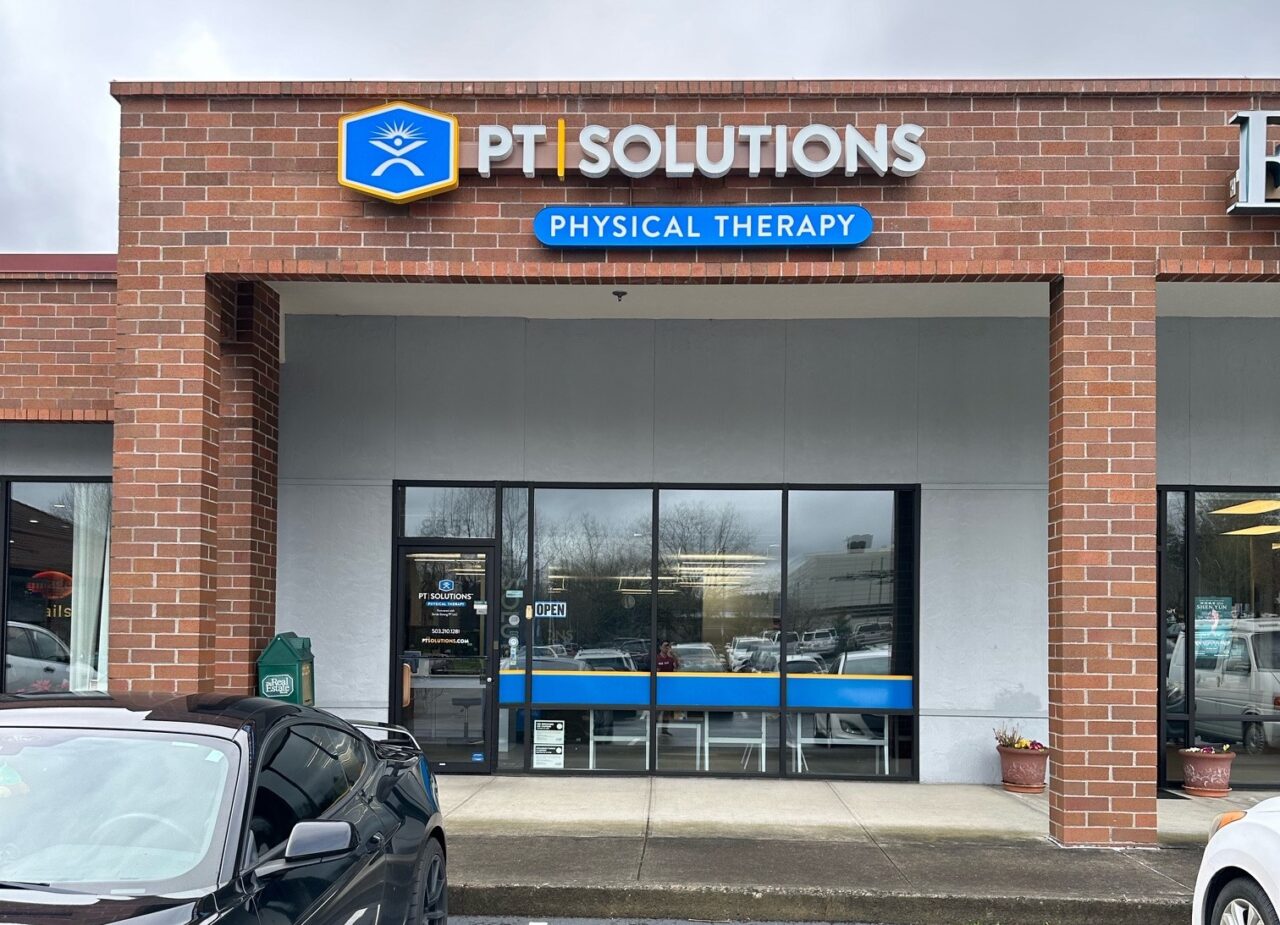New Name, Same Great Care!
Our mission is to provide the highest quality of physical therapy to help people feel their best at home, work, and play. Whether you’ve suffered a sports injury, whiplash, or just have a nagging pain, there are a wide range of physical therapy treatment options to help you regain strength and mobility.

